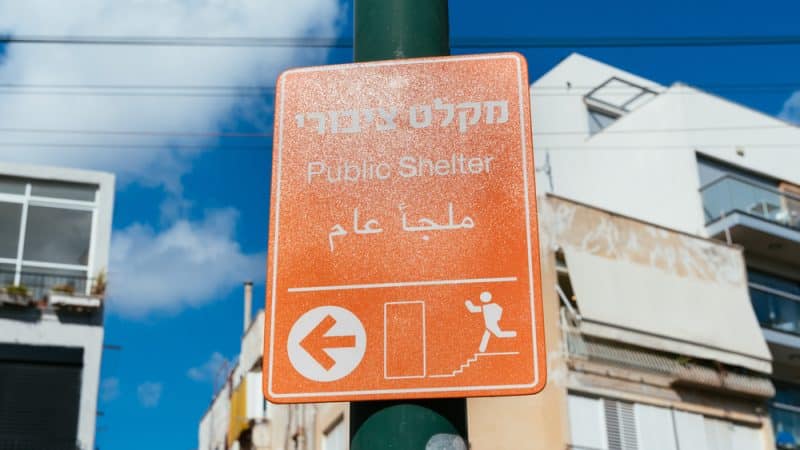New Israeli Study Highlights the Importance of COVID Boosters

A large Israeli study was conducted recently, which highlights the urgency of rolling out the third dose of the COVID-19 vaccine, something which is still lacking in many parts of the world. According to the peer-reviewed research, the quality, as well as the quantity of antibodies in the body increase after the third shot of the Pfizer vaccine, is administered. Even though the relevance of the study is limited in Israel as well as in some other Western countries because they had already rolled out booster shots, it holds a lot of significance globally. According to statistics, there have been 24 booster shots given worldwide for every 100 people.
Moreover, a disproportionate number of people have gotten the third shot in rich countries. The boosters had only become available in India last month and 2 boosters have been administered for every 100 people. Meanwhile, 1.6 boosters have been given for every 100 people in Africa. The number stands at 9.7 in Russia, even though the first two doses of the vaccine in these areas had been administered a long time ago. The latest Israeli study on these booster shots was published in a journal named Nature Immunology. The results of the study were based on 12,413 employees of the Sheba Medical Center.
This is the largest hospital in Israel and the study discovered that one of the primary antibody types called IgG increased about 1.7 times on average, after a third shot was administered, as compared to when the second dose was given. The greatest rise in antibodies was recorded in healthy and young people. It also discovered that the avidity or strength of the antibodies was also considerably higher after the third dose than the second. The study also showed hard evidence that the assumption of scientists about a higher number of antibodies offering protection from information is indeed correct.
Hence, measuring the antibodies in people is a good way of assessing the level of protection that people have. It indicated that ‘breakthrough’ infections, which means infection after recovery or vaccination, were more common amongst people who had reduced level of antibodies. The study was led by the head of the Infectious Disease Epidemiology Unit of the Sheba Medical Center, Dr. Gili Regev-Yochay. The authors said that five months after the second dose has been administered, a third one can give a boost to protection against COVID-19 because it induces cellular and humoral responses substantially.
Humoral responses refer to those that can be found in the fluids in the body. An immunologist at the Bar Ilan University, Prof. Cyrille Cohen said that the study was undoubtedly important. He said that while there had been several studies documenting the effectiveness of the booster shot as opposed to two doses, this one was able to provide real-world and direct data on antibody levels. He said that the study gives insight into how the vaccines work, as it shows that not only does the number of antibodies increase after the third dose, but so does their strength.



